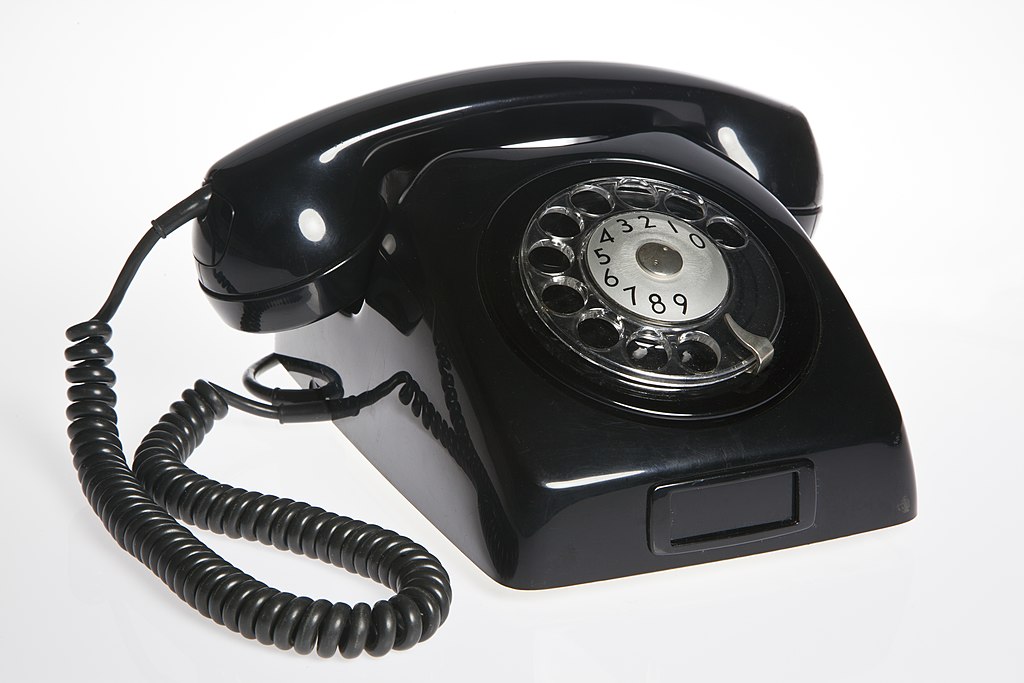Sexting by Carrier Pigeon: LGBTQ Sexual Cultures across the History of Communication Technologies
Bo Ruberg
Film and Media Studies
UC Irvine
Existing scholarship from the fields of gender studies, queer studies, and media studies have examined how new technologies have often been popularized through the sharing of sexual materials, like pornography. However, less work has addressed how marginalized people, especially LGBTQ groups, have mobilized historical technologies to connect with one another through sex and sexuality. This project explores how LGBTQ groups have used what we would now consider obscure or obsolete communication technologies to form sexual communities. It does so through primary archival research related to four such technologies, broadly defined: carrier pigeon message services in the early 1900s, magazine correspondence clubs in the 1930s-1960s, telephone switchboards in the 1970s, and proto-internet technologies like bulletin board servers in the 1980s. Each of these examples demonstrates how LGBTQ people made innovative if sometimes clandestine use of new modes of communication to find sexual partners and share information about sexual practices. This project contributes to contemporary studies of the relationship between marginalized people and technology by historicizing this connection. It argues that LGBTQ communities across the twentieth century have used technology to seek refuge from oppressive social norms while refusing to minimize the importance of sexuality for the formation of queer culture.

